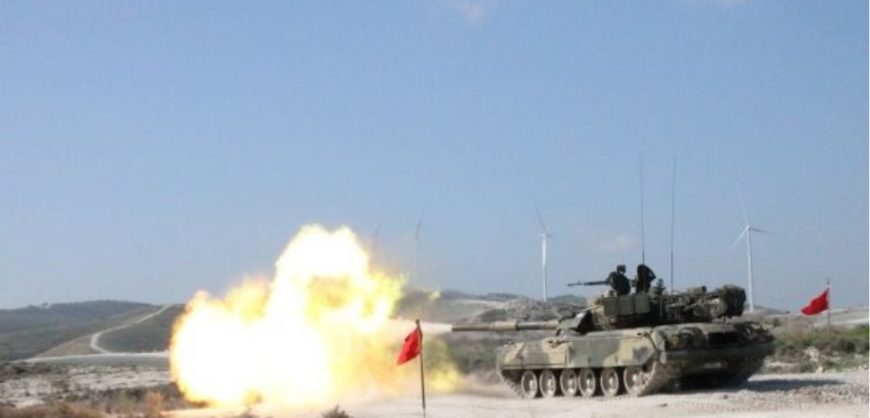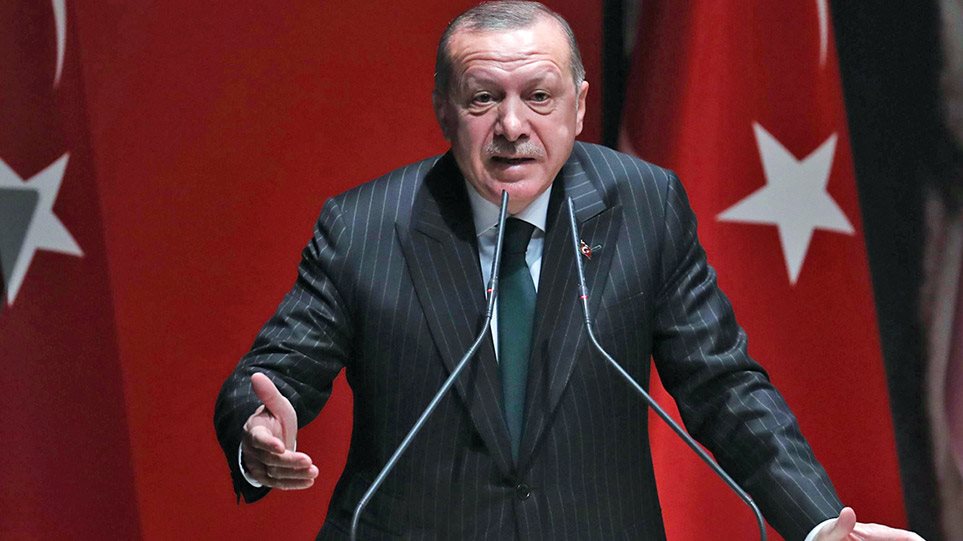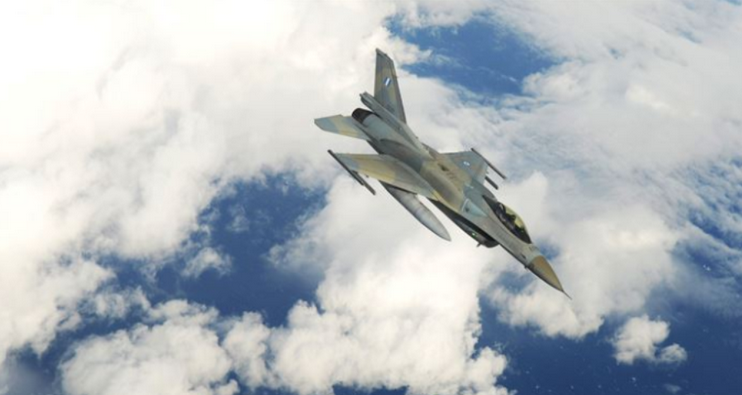On July 20, 1974, Turkish forces—utilizing U.S.-made and supplied equipment—invaded Cyprus, ultimately ethnically-cleansing the northern third of the island.
Turkish officials stated they launched the attack to defend Cyprus’ Turkish minority after a Greek-inspired coup sought to pave the way for Greece-Cyprus union. The Greek junta behind that plan fell three days after the initial Turkish invasion, however, and so the reason for Turkish intervention evaporated.
Nevertheless, 46 years later, at least 30,000 Turkish troops remain on the island, propping up the Turkish Republic of Northern Cyprus, the Turkish equivalent of the unrecognized Russian puppet states carved out of Georgia, Ukraine, and Moldova. Whereas Israel, Egypt, and Lebanon all recognize Cyprus’ exclusive economic zone, Turkey rejects it in order to claim Cyprus’ resources for itself. The UN Security Council has repeatedly deemed the Turkish occupation of Cyprus illegal.
In 1975, Congress imposed an arms embargo on Turkey because of its actions in Cyprus; Turkey retaliated by abrogating the status of forces agreement and taking control of U.S. installations in Turkey, although U.S. troops operating on behalf of NATO could stay. Only in 1978 did Congress fully rescind the embargo.
In 1987, United States imposed a unilateral arms embargo on Cyprus, the stated goal of which was to reduce tensions between Greece and Turkey. It hardly worked that way, however, given Turkey’s continued supply of weaponry to portions of Cyprus it still occupied. After Defense Secretary Caspar Weinberger told a Congressional hearing that the United States permitted Turkey to station U.S. weaponry on Cyprus for defensive purposes, Greek Prime Minister Andreas Papandreou declared Weinberger ”provokes disgust among the Greek people”.
Famed Pablo Picasso painting reveals abandoned artwork beneath
The settlement of Europe could be the result of several immigration waves by a single population
Greek frustrations at Turkey’s continued rotation of troops on the island and the constant provision of weaponry to them eventually led Cyprus to turn to Russia for S-300 missiles. That crisis—which saw Turkey threaten pre-emptive attacks on Cypriot military sites—was diffused when Cyprus agreed to trade the S-300s to Greece in exchange for other weapons systems. Tension and distrust were not unidirectional. Greece played hardball over U.S. bases, and the Pentagon was wary that both Greece and Cyprus were weak links through which East bloc intelligence agencies would access U.S. military technology.
Read more: National Interest





































